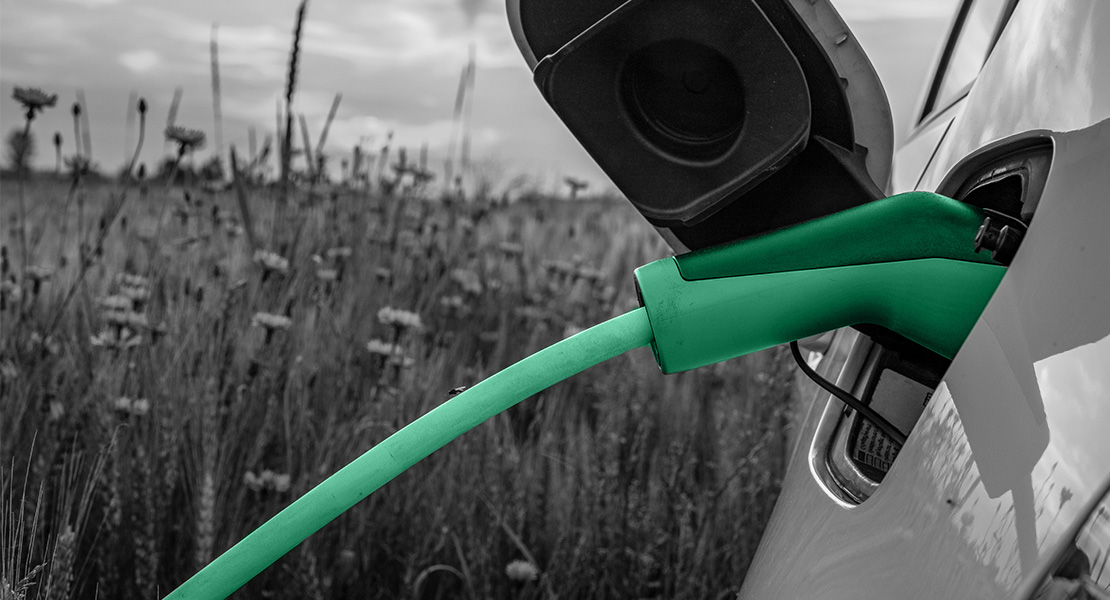The automotive industry finds itself in times of multidimensional transformations: Abandonment of combustion engines to transition to electrical engines for the reduction of global CO2 emissions, digitalization of products, services, and value-creating processes, the collapse of supply chains due to various global crises, continued cost pressure, increasing ESG regulations, and the impending takeover by Chinese manufacturers. These societal and industry shifts are creating significant challenges for European OEMs and their suppliers.
Digitalization of the value chain, enabling secure and sovereign data exchange and hence providing improved transparency, efficiency and resilience along the automotive supply chain are the objectives of the initiative Catena-X. Amongst other use cases, the improvement of sustainability is on the top of the agenda for Catena-X, namely capabilities for monitoring and reporting the Product Carbon Footprint (PCF) as well as features in the area of Circular Economy. This article gives insights into these capabilities of Catena-X. It is based on a presentation by the author at the 18th International MTZ Congress on Future Powertrains, “Powertrains and Energy Systems of Tomorrow 2024”, Chemnitz, May 15th, 2024.







